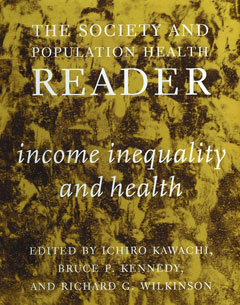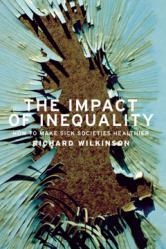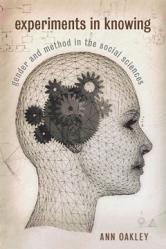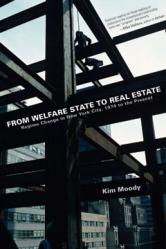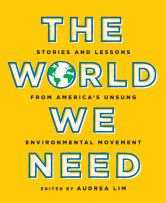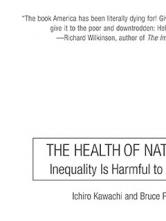The Society and Population Health Reader: Volume I
The first volume in the groundbreaking and controversial two-volume reader on the connections between social structure and public health
“An explosion of research is demonstrating that social class is one of the most powerful predictors of health, more powerful than genetics, exposure to carcinogens, even smoking.” —New York Times
In recent years, a whole new field of inquiry on the connections between society and health has arisen from the work of leading social scientists and medical researchers around the world. This pioneering two-volume reader collects for the first time the substance of their main finding: that life expectancy, illness, and other health factors across the class spectrum are closely related to the structure of a given society.
Featuring the most important papers in the field, The Society and Population Health Reader: Income Inequality and Health reveals that societies with great income and social inequality, such as the United States and Great Britain, have far higher tolls of certain illnesses and far lower life-expectancy rates than do more equitable societies, whether rich or poor. The contributors argue that the increasing gap between the rich and the poor in the United States has had dramatic health consequences for the entire American population, and that, given these findings, even a modest reduction in income inequality would yield a significant health improvement for all.
Sure to provoke widespread debate and controversy, The Society and Population Health Reader brings to professional, academic, and general readers the most important research findings and dramatic implications for public policy of this fascinating new field.

